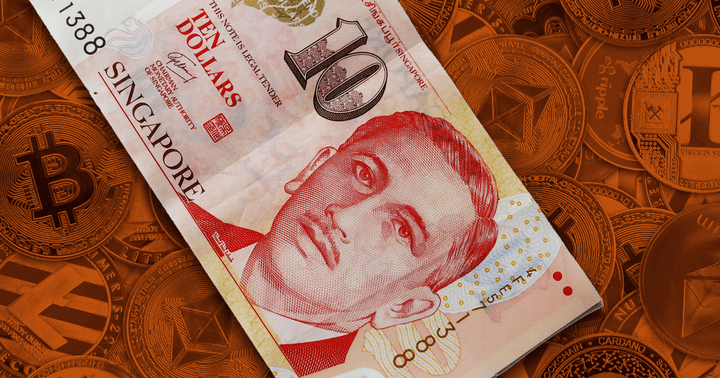 Monetary Authority of Singapore proposes new measures to regulate crypto, stablecoins
Monetary Authority of Singapore proposes new measures to regulate crypto, stablecoins Monetary Authority of Singapore proposes new measures to regulate crypto, stablecoins
Monetary Authority of Singapore (MAS) published two consultation papers with a host of new regulatory measures to limit activities of digital payment token services, stablecoin issuers and their customers.

Cover art/illustration via CryptoSlate. Image includes combined content which may include AI-generated content.
The Monetary Authority of Singapore (MAS) published two consultation papers via its official website on Oct. 26, highlighting regulatory measures for implementation applicable to digital payment token services and stablecoin issuers.
The paper is based on the premise that crypto assets are “inherently speculative and highly risky “ and comes after the MAS’ idea of imposing an outright ban on the sector, according to the watchdog.
Currently, digital assets such as Bitcoin, Ether, Litecoin, Dash, Monero, Ripple, and Zcash and stablecoins such as USDT and USDC are treated as digital token tokens under the Payment Services Act 2019 (PSA).
DPT service providers are regulated primarily for money laundering and terrorism financing, technology risks, and the obligation to provide risk warning disclosures to consumers.
The research papers, titled “Consultation paper on proposed regulatory measures for digital payment token services“and “Consultation paper on proposed regulatory approach for stablecoin-related activities, “ propose measures to build on top of the PSA.
Digital payment token services
In the paper concerning digital payment token services, MAS proposes that DPTSPs should require customers to take a risk knowledge assessment test before accessing crypto services and provide educational content to consumers on the risks of DPT services.
According to the regulator, DPTSPs should not be allowed to offer monetary or non-monetary incentives to customers or for the referral of their services.
In addition, the watchdog proposed restrictions on debt-financed and leveraged DPT transactions, which means DPTSPs should not provide customers with a credit facility for purchasing crypto or enter into leveraged crypto transactions with customers, nor should they accept payments from retail customers using a credit card to engage in transactions with any DPT services.
Other significant measures include obliging DPTSPs to segregate customers’ assets from their reserves.
Stablecoin regulations
Concerning stablecoins, the regulator said stablecoins fall under multiple categories — single-currency pegged stablecoins (SCS), algorithmic stablecoins, and stablecoins pegged to a basket of currencies.
The regulator proposed that stablecoin issuers become subject to the same anti-money laundering and terrorist financing requirements and technology and cyber risk management as all regulated payment service providers and banks.
This means stablecoin issuers would be obligated to hold licenses, undergo independent attestations on a monthly basis, and meet the minimum requirements to have a high value of reserve assets to back the issued SCS — at least 100% of the par value to the outstanding SCS in circulation at all times and only in the form of cash, cash equivalent or debt securities issued by the central bank of the pegged currency.
The watchdog also proposed allowing only stablecoins pegged to the Singapore dollar or Group of Ten (G10) currencies, such as the U.S. dollar and the euro.























































